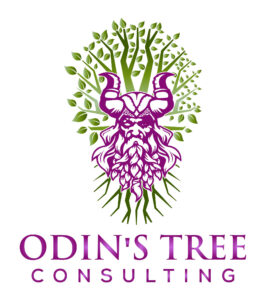In the rapidly evolving business landscape, the role of analytics in shaping the organizational health and the competency of Human Resources (HR) cannot be overstated. As the CEO of several organizations, I firmly believe in leveraging data-driven insights to make informed decisions, drive productivity, and foster a healthy work environment.
Analytics, in its simplest form, involves the systematic computational analysis of data. When applied in an organizational context, it can provide valuable insights into various aspects of the business, including employee performance, operational efficiency, and market trends. The importance of analytics in organizational health is multi-faceted and instrumental in enhancing the overall productivity and profitability of an enterprise.
Firstly, analytics can help identify patterns and trends in employee behavior and performance. This is crucial in determining areas of strength and weakness within the workforce, enabling managers to tailor their strategies accordingly. For instance, analytics can reveal if certain teams are consistently underperforming or if specific employees are struggling with their workload. Armed with this information, managers can implement targeted interventions to address these issues, thereby improving the overall health of the organization.
Secondly, analytics can aid in predicting future trends and making strategic decisions. By analyzing historical data, companies can forecast future market trends, customer behavior, and even potential risks. This predictive capability is invaluable in today’s volatile business environment, where the ability to anticipate changes can provide a significant competitive edge.
Thirdly, analytics can enhance operational efficiency by identifying bottlenecks and inefficiencies in the workflow. By pinpointing these issues, companies can streamline their processes, reduce waste, and improve productivity.
However, the effectiveness of analytics is heavily dependent on the quality of data gathered, and this is where the role of a competent HR department comes into play. HR is often the custodian of a wealth of data about employees, from their performance metrics to their engagement levels. A competent HR department can gather, curate, and analyze this data to provide actionable insights.
A proficient HR department can also ensure that the data is collected ethically and responsibly. With the advent of stringent data protection regulations, it is crucial that companies respect the privacy of their employees and handle their data with utmost care. A competent HR department can navigate these regulations and ensure compliance, thereby protecting the organization from potential legal repercussions.
Analytics plays a pivotal role in enhancing organizational health by providing valuable insights into employee performance, operational efficiency, and market trends. However, the effectiveness of these analytics is heavily reliant on the competency of the HR department in gathering and analyzing data. As such, companies should invest in developing their HR capabilities and embrace a data-driven approach to decision-making. This will not only boost their productivity and profitability but also foster a healthier, more engaged, and more efficient workforce.




